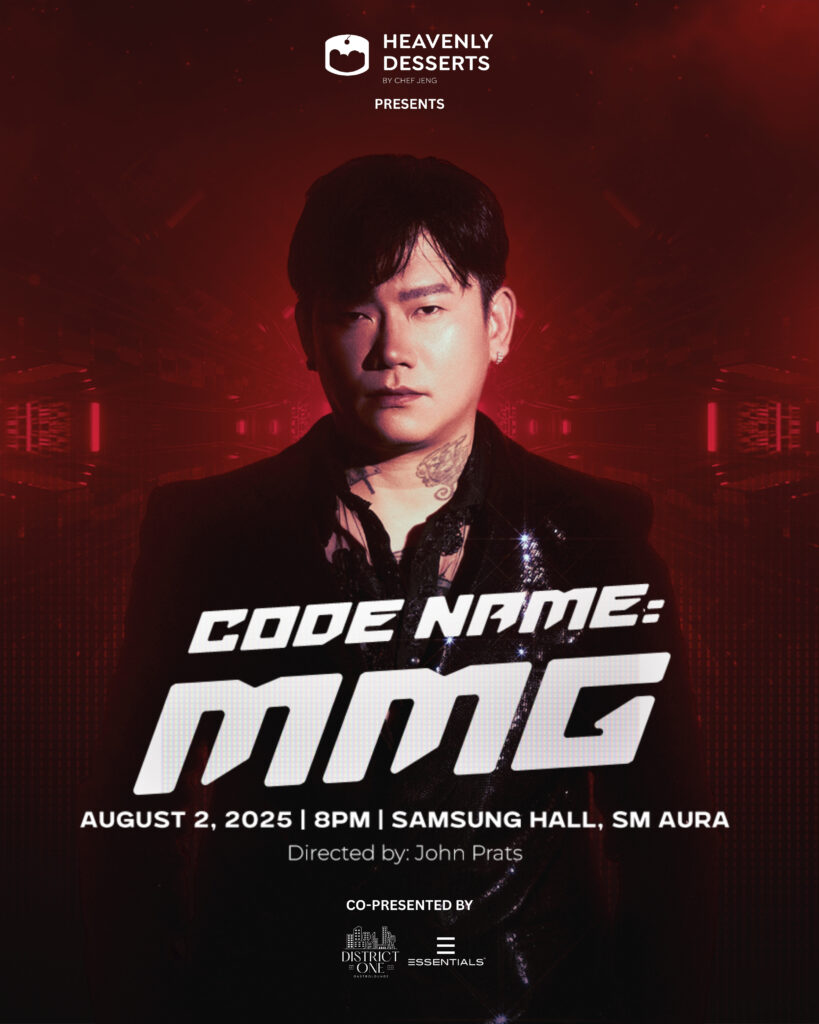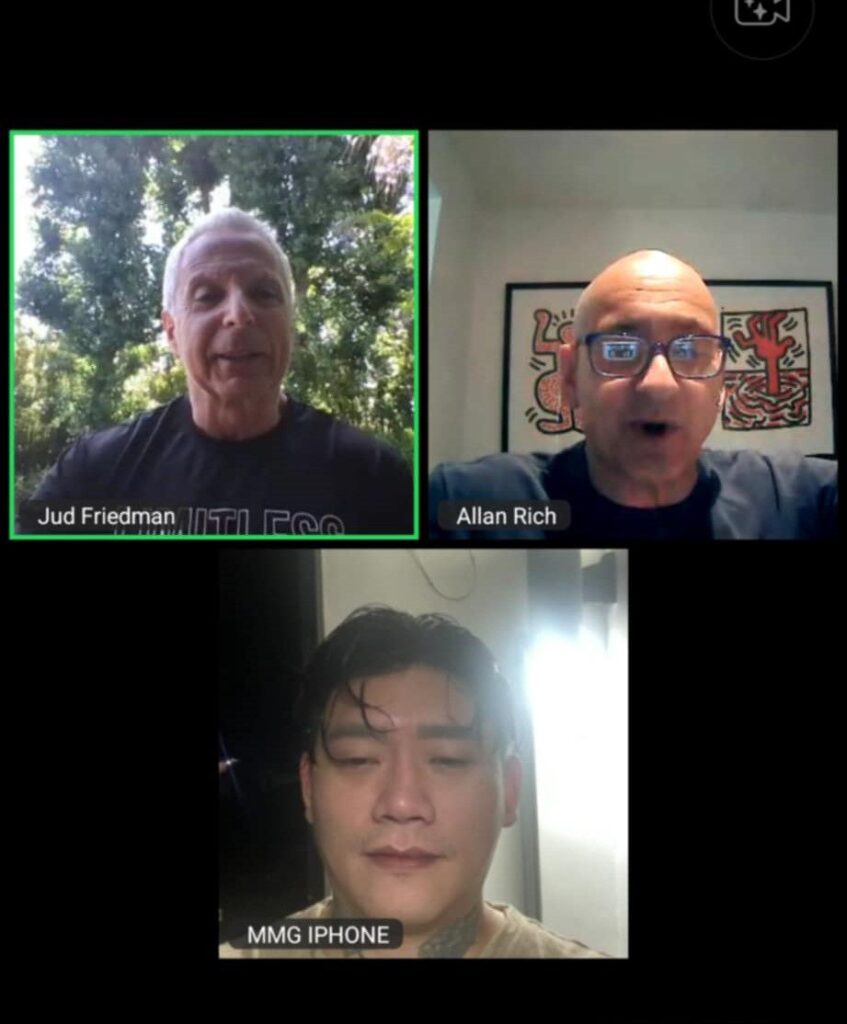
After years of thrilling audiences with his powerhouse vocals, Mark Michael Garcia, known to many as MMG, is stepping back into the spotlight in a concert that signals not just his return, but his reinvention.
Set for August 2 at Samsung Hall in SM Aura, MMG’s upcoming concert, titled “Code Name: MMG,” is dubbed as a mission statement. Directed by John Prats and produced by Heavenly Desserts by Chef Jeng, the show is co-presented by District One and Essentials, with Cornerstone Entertainment, Inc. overseeing line production. It marks MMG’s third major concert, but perhaps the most personal and defining yet. This time, he's reintroducing himself.

“Code Name: MMG” is MMG’s move to showcase his evolution as a concert artist. Known for his grand championship win in Tawag ng Tanghalan’s All-Star Grand Resbak back in 2019, MMG is now returning to the stage with renewed purpose and with a song that carries decades of history and emotional weight.
That song is “Run to You.” But not the one you know.
On April 26, MMG received an unexpected message from Allan Dennis Rich, the legendary Los Angeles-based composer behind hits for Whitney Houston, James Ingram, and N’ Sync, to name a few. Rich had discovered MMG’s performances through a Filipino therapist in Beverly Hills who shared his YouTube videos. Impressed, the songwriter extended an extraordinary invitation: access to his personal vault of “A-List Songs.”

Among those treasures was the original, never-before-released version of “Run to You.” Originally written as a heartbreak ballad, the lyrics were rewritten for The Bodyguard movie to suit its romantic narrative. Now, more than 30 years later, Rich, along with his songwriting partner Jud Friedman, has entrusted MMG to record and release the original vision of the song, now titled “Run to You (Alt. Lyric Version).”

This rare collaboration places MMG on a global pedestal, making him the first artist to bring these lyrics to life. His version offers a fresh emotional perspective, echoing the pain and vulnerability the song was initially meant to convey.